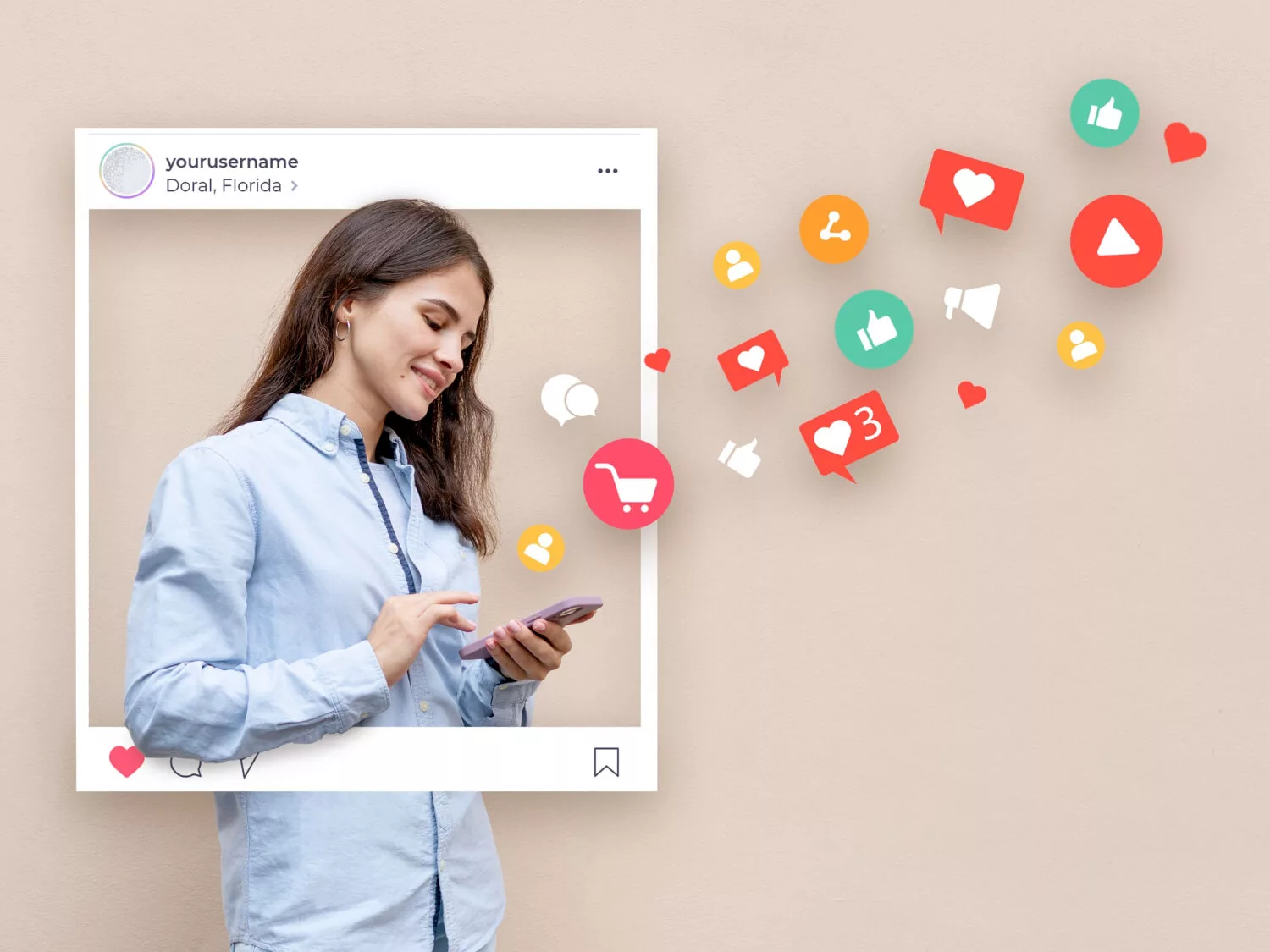Marketing is a nuanced blend of technology, commerce trends, and human psychology. The rise of “third-platform” technologies like AI is reshaping interactions at fundamental levels. AI marketing utilizes digital simulations of human thought processes to make automated decisions based on data analysis, enabling targeted strategies.
In the mid-2000s, Geoffrey Hinton’s groundbreaking work on neural networks and deep learning transformed the intersection of marketing and AI, enabling networks to learn and make associations.
Understanding AI in Social Media

Artificial Intelligence (AI) has transformed social media marketing, reshaping how brands engage, advertise, and analyze data. The AI in social media market is projected to grow from $633 million in 2018 to over $2.1971 billion by 2023, indicating its pivotal role in platforms like TikTok, Snapchat, Facebook, Instagram, Twitter, and LinkedIn.
AI extends beyond task automation, playing a key role in content creation, ad targeting, monitoring, and optimizing user experience. Marketers striving for exceptional results must grasp the dynamics of AI in social media marketing.
The Benefits of AI in Social Media Marketing

Integrating AI into social media marketing yields myriad benefits, both in terms of accelerating revenue and reducing costs.
Accelerating Revenue
– AI-driven Engagement Optimization analyzes social media data for top-performing headlines, words, and images.
– Sentiment Analysis detects evolving consumer trends by analyzing emotions in social media content.
– Predictive Targeting: AI anticipates user actions and purchasing patterns, enabling marketers to tailor social messages for specific audiences.
Cost Reduction
– Streamlining Content Creation: AI optimizes and broadens the content generation process for social media, reducing the time and effort required.
– Precision in Ad Targeting: AI enables accurate targeting of social media audiences through ads, improving cost-effectiveness and overall efficiency.
Integration of AI in Social Media

AI plays a crucial role in the operational structure of popular social platforms like Facebook, Instagram, LinkedIn, and Snapchat. Behind the scenes, AI algorithms control how content and advertisements are presented to users, occasionally operating in ways not completely transparent to marketers.
Facebook: Utilizes advanced machine learning for content delivery, facial recognition, and targeted advertising.
Instagram: Leverages AI for image identification and content discovery.
LinkedIn: Uses AI for job recommendations, connection suggestions, and content delivery.
Snapchat: Employs computer vision, an AI technology, for real-time facial feature tracking and interactive filters.
Despite AI’s prevalence in social media, marketers can tap into its power through commercially available tools. These tools cover diverse functions like content creation, social listening, ad optimization, and more.
Implementing AI in Social Media Strategy

Integrating AI into strategies can boost efficiency and effectiveness for social media marketers. Here are key ways to implement AI in your social media strategy:
- Optimize Content Creation: Use AI tools for text generation, visuals, and content automation to maintain a consistent and high-quality posting schedule.
- Advertising Management: Leverage AI for smart targeting, ad content optimization, and overall improved ad performance.
- Automated Caption and Text Generation: Use AI writing prompts for quick and creative caption generation, ensuring engaging post text.
- AI-Generated Visuals: Employ AI tools to create customized branded visuals that align with your brand’s style.
- Social Media Intelligence and Listening: Use AI-powered monitoring tools for actionable insights, trend identification, and brand reputation monitoring.
- Data Analysis and Tagging: Utilize AI to automate content sorting and tagging for efficient data management, especially for targeted ad campaigns.
- Automatic Posting and Scheduling: Implement AI tools for automatically scheduling and posting content at optimal times, maximizing reach and engagement.
- Content Moderation: Employ AI bots for swift content moderation, identifying and handling spam or guideline violations.
- AI Chatbots for Customer Engagement: Incorporation of AI in communication enhance customer engagement with AI chatbots, providing instant responses and personalized interactions.
- User Preferences Analysis: Utilize AI algorithms to examine user preferences and offer tailored content suggestions, enhancing engagement and satisfaction.
- Competitor Analysis: Employ AI tools for competitor analysis, gathering insights, analyzing data, and making predictions to refine your brand identity and messaging.
Tips for Safe and Ethical AI Use in Social Media Marketing

- Scrutinize AI-generated content for accuracy and errors before release.
- Stay informed about regulatory developments: Stay updated on data protection regulations for legal compliance.
- Continuously test and improve: Continuously improve social media strategies using performance metrics.
- Prioritize customer privacy: Prioritize customer privacy by following best practices in data handling.
- Address bias concerns: Regularly assess AI models, correcting any biases to guarantee fair and inclusive social media content.
- Blend AI Power with Human Expertise: Combine AI strength and human insights for a potent social media marketing strategy.
Conclusion
AI’s integration into social media marketing marks a paradigm shift, enabling unprecedented audience connections. Businesses must balance innovation with responsibility, staying informed and combining human expertise with AI. Marketers are set to pioneer a future where AI becomes a strategic ally, ensuring unparalleled success in social media. The revolution is here, urging marketers to embrace AI for success.

